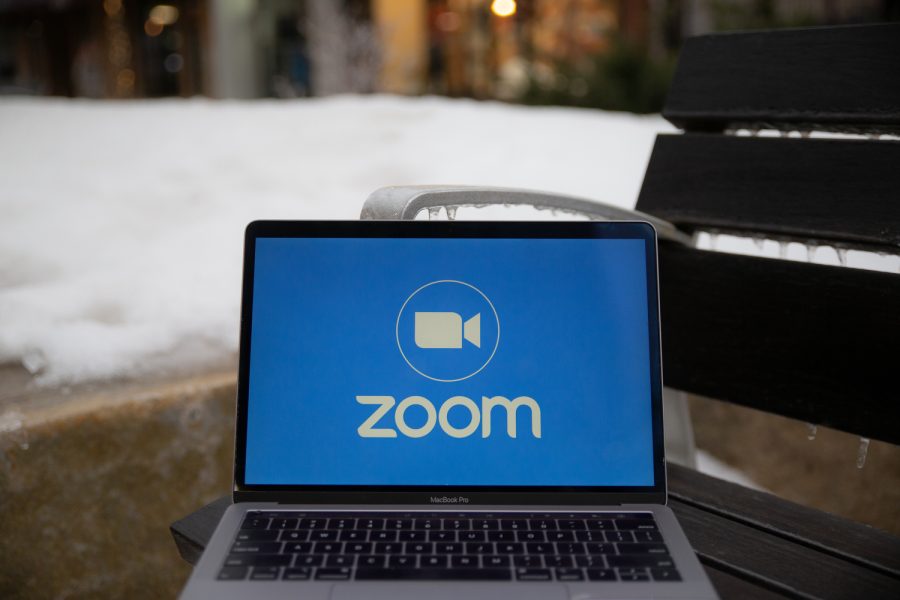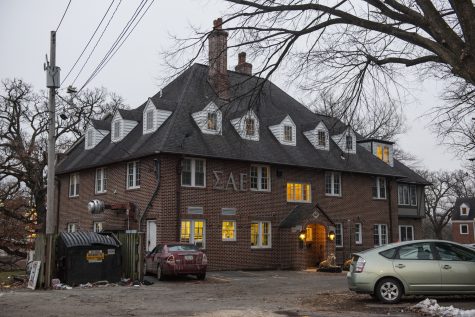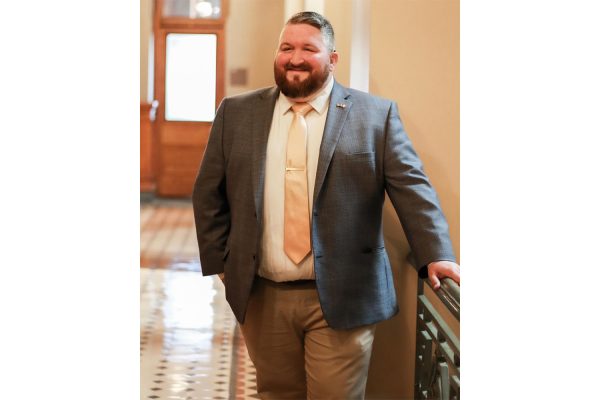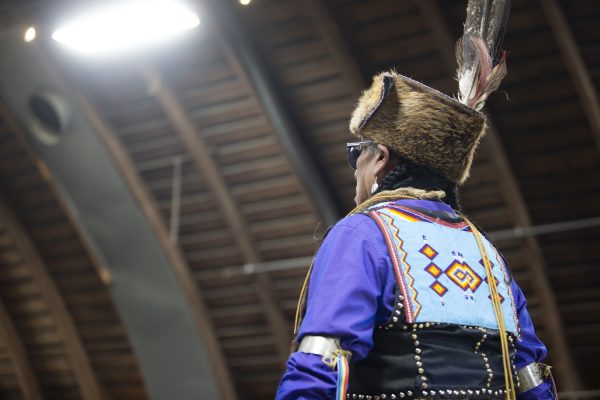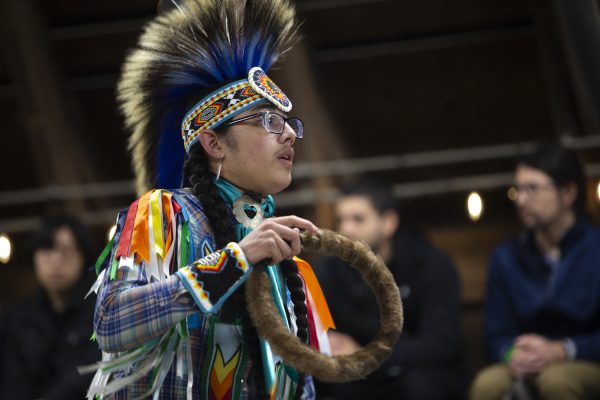‘Snow days’ gone as professors utilize Zoom for bad weather
Are snow days a thing of the past? Three University of Iowa professors talk on how they have adapted to Iowa City’s inclement weather.
Photo Illustration.
February 22, 2023
As remote learning becomes a new norm in higher education, canceled classes due to inclement weather may soon be a thing of the past.
After Johnson County was buried in snow of up to 8 inches on Feb. 16, some professors switched to Zoom for their classes. Switching to Zoom has become a standard for some instructors, especially after the normalization of the application following the COVID-19 pandemic.
Brian Ekdale, associate professor in the UI School of Journalism and Mass Communication and graduate program director, said the shift to virtual learning during COVID-19 has allowed teaching to continue during inclement weather.
“You want to try to keep the educational mission of the school going when the weather is bad,” he said. “I do think for all of its problems, COVID kind of taught us to do things that we didn’t think we could do before.”
Ekdale said Zoom seems like a better option than not having class at all to some professors and instructors.
“If we can teach in person we’ll teach in person. If we can’t teach in person, Zoom is a pretty good backup option,” he said.
In the UI’s operational manual, chapter 22 covers extreme weather protocols, and chapter 22.1 states the UI’s general procedure for inclement weather. The policy states, “Whenever possible, the university continues to function during inclement weather.”
The policy adds that regularly scheduled classes meet to the extent that students and faculty can travel to campus.
Zoom has the potential to provide a way to attend class without being on campus. But the ultimate decision of whether to cancel class or switch to Zoom is largely left to the discretion of the professor.
While the decision is largely in the hands of the professor, the needs of the students also have to be considered by instructors. Alison Bianchi, UI associate professor in the department of sociology and criminology and director of the Center for the Study of Group Processes, said there is a possibility for accessibility issues to occur during online learning.
RELATED: Shift to virtual life gives rise to ‘Zoombombing’ and racist outbursts
“We can’t assume that everyone knows how to properly use Zoom,” she said. “I mean, it’s relatively user-friendly, but it’s not perfect, and so if you’re not really sure how to use it, or if you don’t have a computer set up for it, that might be an access issue for students.”
Bianchi said she thinks some professors were taken off guard by the snow last week. She said she will implement a procedure in her teaching to be more prepared in the event of snow.
“I’m going to have a new page in my syllabus that has a whole protocol for using zoom in case of inclement weather. It’s just the safest way to go.” Bianchi said.
For Kylah Hedding, an assistant professor in the school of journalism and mass communication, Zoom has become a new standard for learning.
“I think I got pretty comfortable with it during COVID. So actually, most every class I teach I have an online and in-person component to it,” she said.
Whether Zoom will get rid of the snow day is unclear. However, to some UI professors, it is becoming apparent that COVID-19 has impacted the world in more ways than one.
“I don’t see Zoom going anywhere anytime soon. At the college level, at least,” Hedding said.



